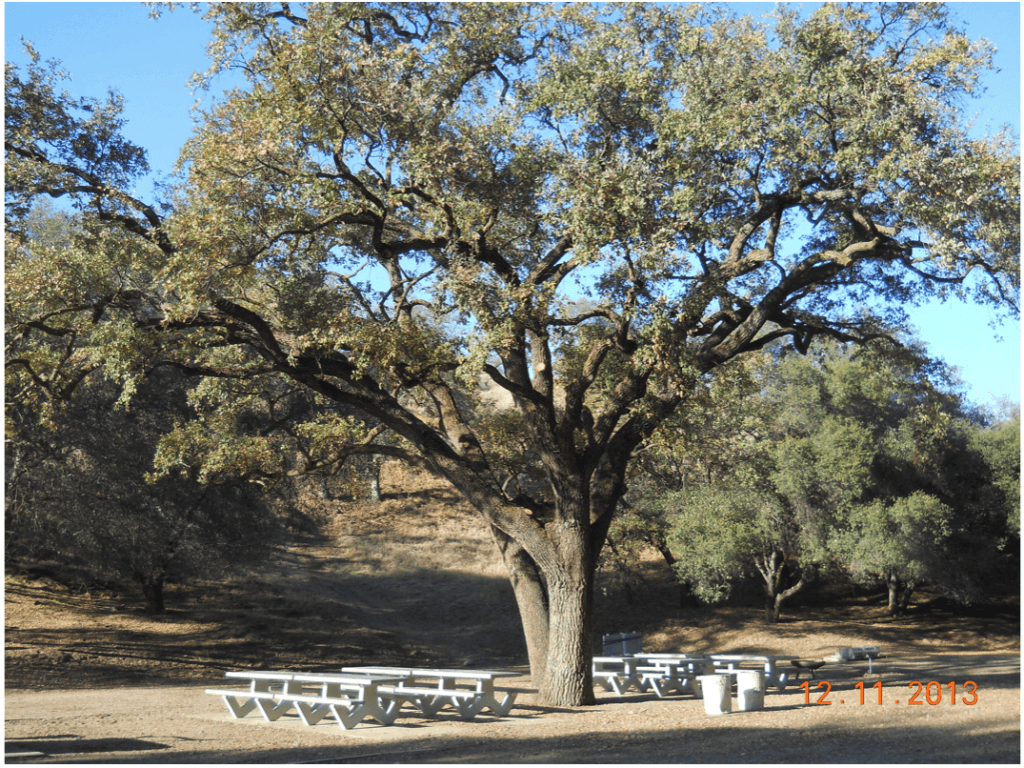Valley Children’s Commits Two Million to Support Valley Youth
Valley Children’s Hospital announced a $2 million pledge to launch Our Valley Cares, a coordinated initiative to help at risk youth across the Central Valley. The program aims to unite local nonprofits into a single referral hub so families can more easily access food and services, a step that could strengthen community safety nets in Fresno County.

Valley Children’s Hospital announced on Nov. 13 at Fresno Mission’s City Center that it would provide $2 million to launch Our Valley Cares, a coordinated network designed to support at risk children and teenagers across the Central Valley. The hospital committed $1 million this year and $1 million next year to serve as founding support for the effort, which ties together local nonprofits to streamline access to basic needs and crisis services.
The initiative brings together a coalition of organizations including Fresno Mission, CASA, Breaking the Chains, City Without Orphans, Central California Food Bank, Justice Coalition, Martin Park, and the Troy Center. Program leaders described the project as a single referral hub meant to reduce barriers for families seeking food, social supports, and services for children and teens in crisis. One practical example cited at the launch was enabling appointments so families can access food or services on days when markets are closed.
A central feature of the initiative will be an online menu like hub at ourvalleycares.com that will offer donors and volunteers a clear view of needs and opportunities to help. By consolidating referrals across multiple agencies, the program aims to eliminate duplication, speed connections to care, and create a more durable system of support rather than a one time response to crises.
For Fresno County residents the effort could translate into faster help when a child or family faces food insecurity, housing instability, or urgent behavioral health needs. Coordinated referrals may reduce delays in care and make it easier for families to navigate a patchwork of services that has long been challenging to access, particularly in rural and underserved parts of the Central Valley.
Public health implications extend beyond immediate relief. By addressing social determinants of health such as food access and stable referrals to services, the network could reduce strain on emergency services and provide more preventive pathways for children and teens at risk. The collaborative model also raises questions for local health policy about sustaining community based systems and how philanthropic seed funding can be leveraged into lasting public investments.
Leaders emphasized the collaborative nature of the effort and its intention to build durable infrastructure that other communities might adapt. As the program moves from announcement to operation, its success will depend on coordination among partners, consistent funding, and the ability to reach families who face the greatest barriers to care.
Residents and potential supporters can find information about volunteering and donations at ourvalleycares.com as the effort begins rolling out services across the region.


